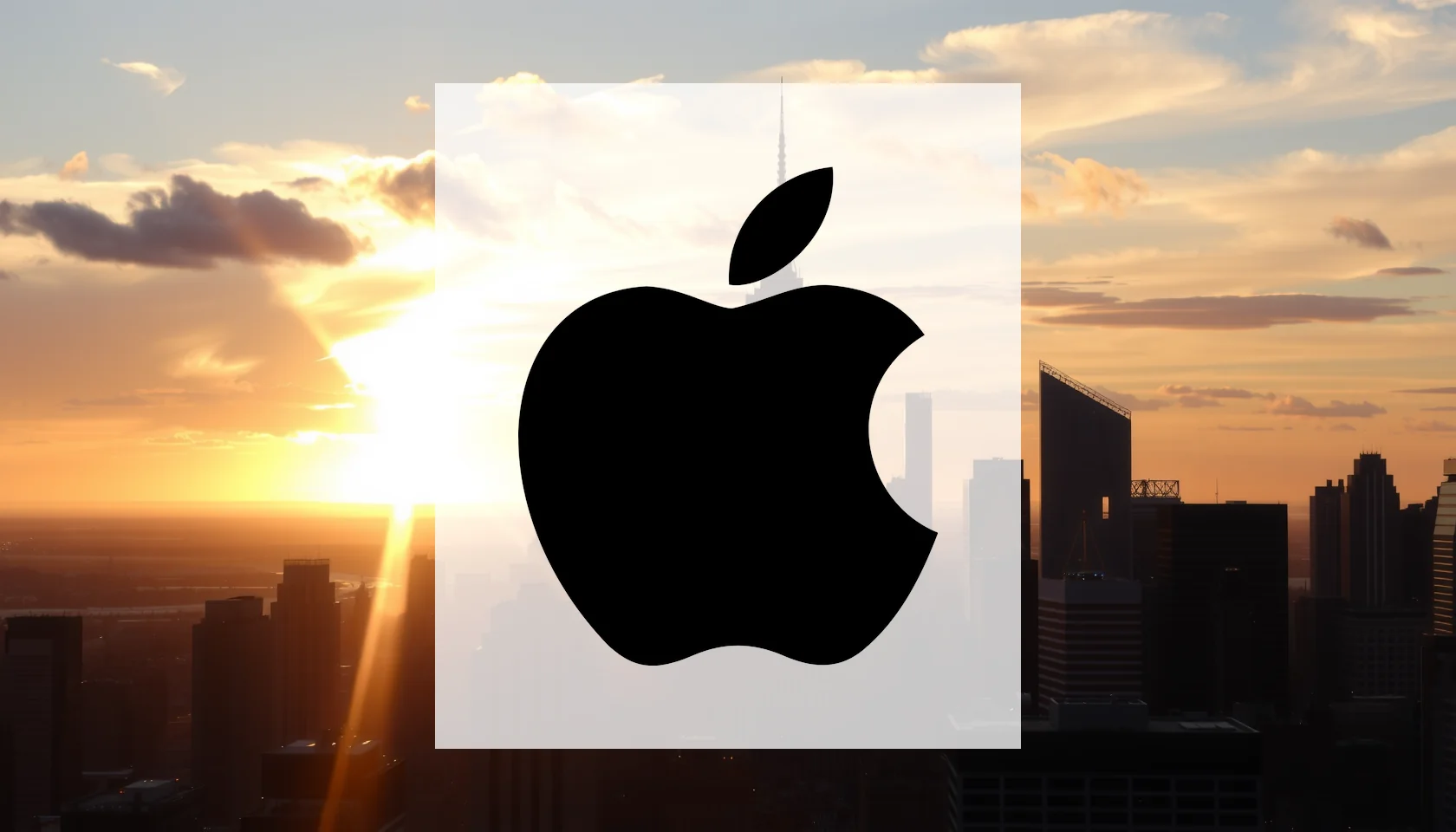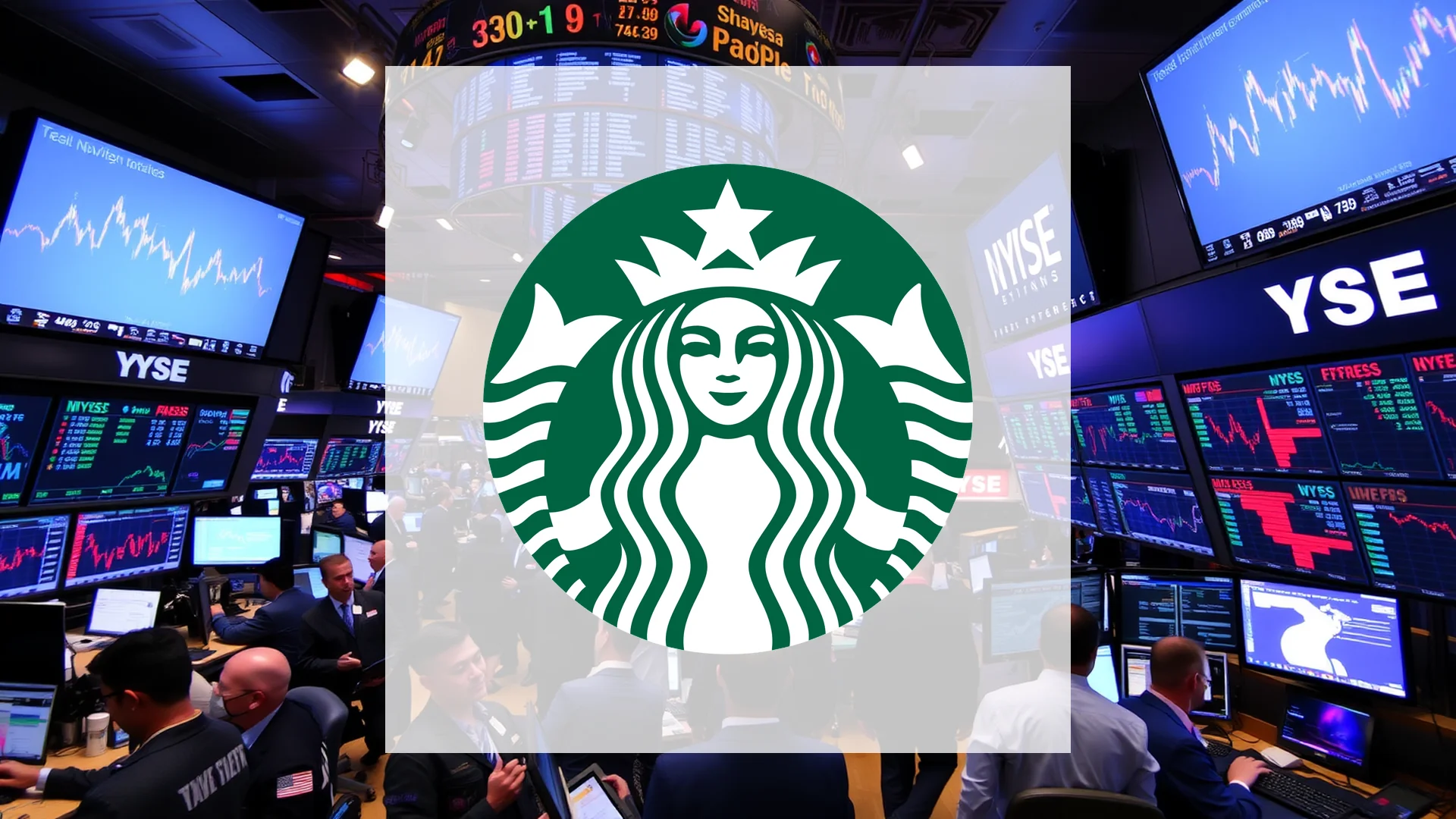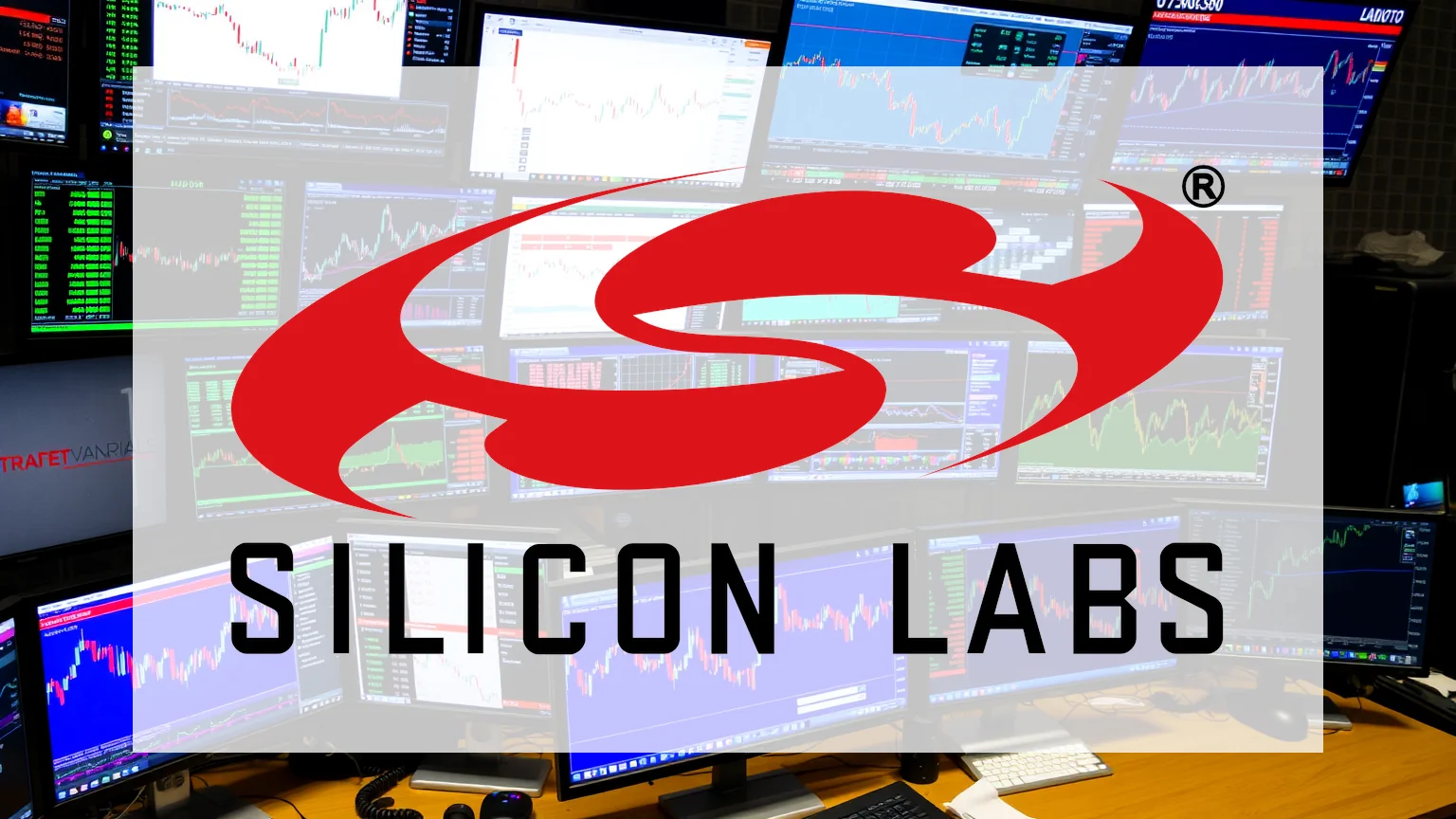The tech giant delivered its strongest quarterly performance since 2021, reporting revenue of $94 billion that significantly exceeded analyst expectations of $89.5 billion. Earnings per share climbed to $1.57, surpassing the projected $1.43, while smartphone sales surged 13 percent to $44.6 billion. Despite these impressive figures, shares declined following initial gains, reflecting persistent investor concerns about the company’s competitive positioning. An unexpected boost came from consumer purchasing behavior ahead of anticipated tariff increases, with customers accelerating purchases of devices and computers. This panic-buying phenomenon contributed approximately one percentage point to revenue growth, while the company absorbed $800 million in tariff costs more easily than anticipated.
Artificial Intelligence Gap Weighs on Valuation
The market’s lukewarm reception stems largely from concerns over the company’s lagging position in artificial intelligence development. While competitors continue capitalizing on the sector boom, delays in advanced voice assistant capabilities and slower innovation timelines have investors questioning future growth prospects. The stock has declined 17 percent since late 2024, with market capitalization falling to $3 trillion, trailing behind rivals valued at $4.2 trillion and $3.9 trillion respectively. Management has signaled openness to major acquisitions in the AI space, targeting companies valued in the billions to address competitive gaps.
Ad
Apple Stock: Buy or Sell?! New Apple Analysis from February 7 delivers the answer:
The latest Apple figures speak for themselves: Urgent action needed for Apple investors. Is it worth buying or should you sell? Find out what to do now in the current free analysis from February 7.
Apple: Buy or sell? Read more here...













